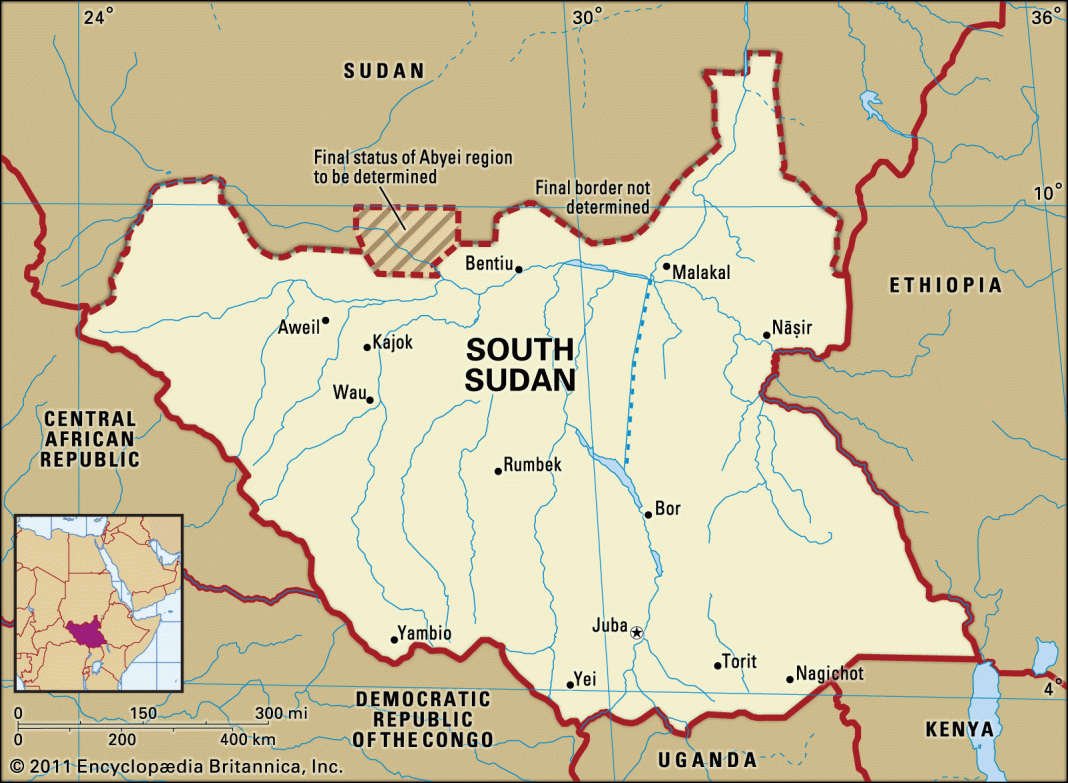The arrival of African Union (AU) mediators in Juba highlights the urgency and gravity of the situation in South Sudan, where tensions between President Salva Kiir’s government and First Vice President Riek Machar’s opposition party are threatening to unravel the fragile peace established by the 2018 peace deal. The recent placement of Machar under house arrest and clashes between the South Sudan People’s Defense Forces (SSPDF) and Machar’s armed wing have escalated fears of a relapse into civil war.
The backdrop to these tensions is South Sudan’s volatile political history. The country endured a brutal civil war from 2013 to 2018, fueled by a power struggle between Kiir and Machar. That conflict resulted in hundreds of thousands of deaths and millions displaced, making the recent uptick in violence deeply concerning.
The African Union’s mediation efforts are critical to preventing further escalation. The fact that the transitional government, formed after the 2018 peace deal, remains committed to peace and a unified government offers some hope for stability. As Martin Elia Lomuro, South Sudan’s Minister of Cabinet Affairs, stated, the priority is to halt the violence and restore security, aiming for sustainable peace.
However, the opposition party’s demand for Machar’s release suggests a major political deadlock, with both sides accusing each other of undermining the peace process. For Machar’s party, his arrest is seen as a significant step backward in the power-sharing agreement that underpins the transitional government. The AU mediators will likely have to navigate these deeply entrenched political divides while pushing for a peaceful resolution.
In the midst of this, the broader fear is not just the return of civil war, but also the potential collapse of the peace framework that was painstakingly put in place. The international community, especially the AU, will need to step up its diplomatic efforts to ensure that the peace process does not collapse under the weight of renewed violence and political mistrust.
What do you think the role of the African Union should be in such situations? How effective do you think external mediation can be in deeply polarized conflicts like this?


